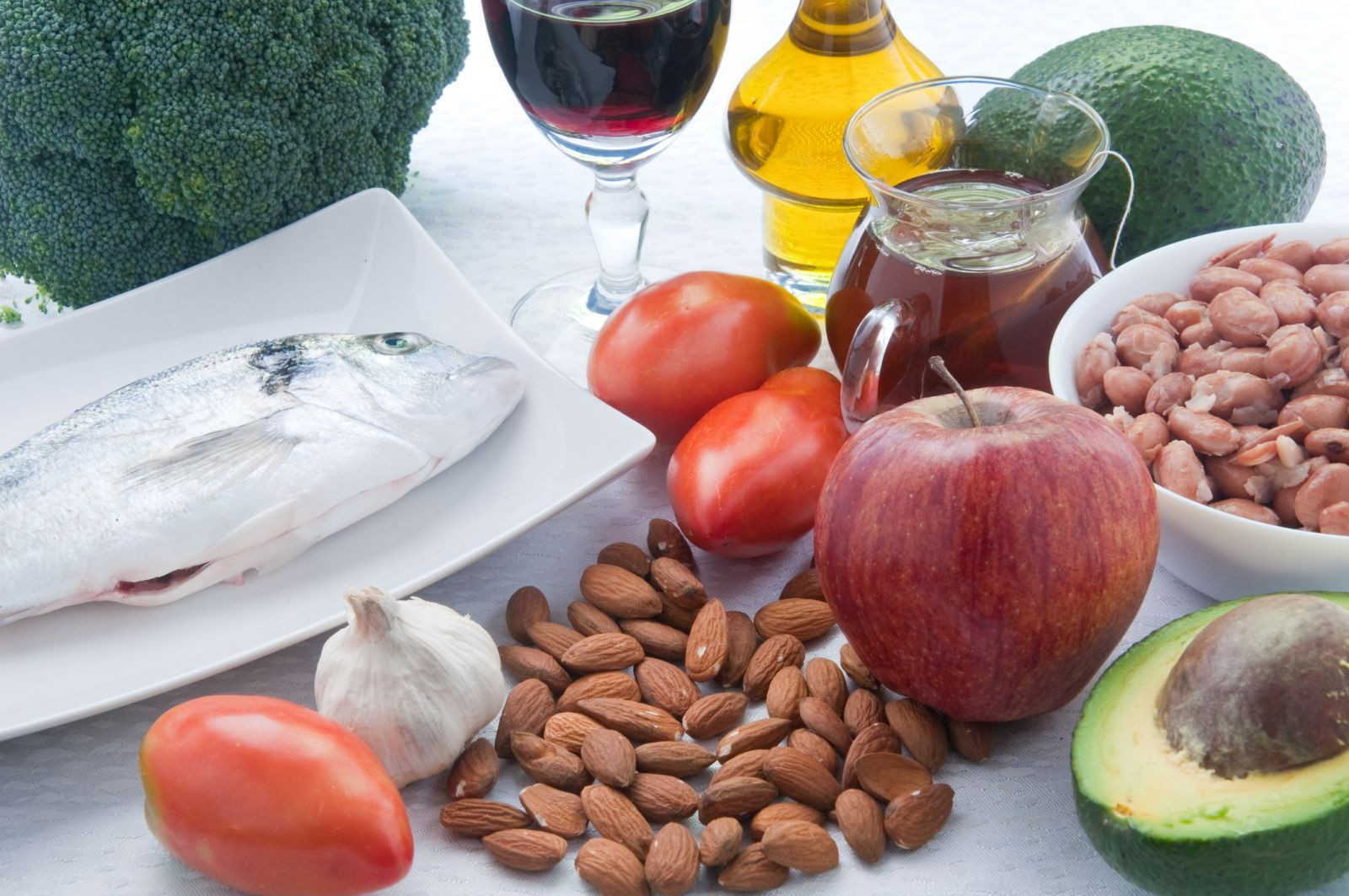
The Ultimate Guide to Lowering Cholesterol: Foods to Avoid and Healthy Alternatives
- Gordon Matthew Thomas Sumner
- 0
- Posted on
Table of Contents
ToggleMaintaining healthy cholesterol levels is crucial for overall cardiovascular health. High cholesterol levels can increase the risk of heart disease and other related conditions. While medication and lifestyle changes play a significant role in managing cholesterol levels, a healthy diet is equally important. In this article, we will explore the foods to avoid for lowering cholesterol and provide healthy alternatives that can help you maintain optimal heart health.
Understanding Cholesterol and Its Impact on Health
Before we delve into the foods to avoid, let’s briefly understand cholesterol and its impact on our health. Cholesterol is a waxy substance produced by the liver and obtained through certain foods. It is essential for various bodily functions, including hormone production and cell membrane maintenance. However, excessive cholesterol levels, especially low-density lipoprotein (LDL) cholesterol, can lead to plaque buildup in the arteries, narrowing them and restricting blood flow.
Foods to Avoid for Lowering Cholesterol
- Saturated Fats: Saturated fats are the primary culprits when it comes to raising LDL cholesterol levels. They are commonly found in red meat, full-fat dairy products, butter, and tropical oils such as coconut and palm oil. To reduce saturated fat intake, opt for leaner cuts of meat, low-fat dairy alternatives, and healthier oils like olive or avocado oil.
- Trans Fats: Trans fats are artificially created fats that are commonly found in processed foods, including fried and baked goods, margarine, and snack foods. Trans fats not only raise LDL cholesterol levels but also lower high-density lipoprotein (HDL) cholesterol, known as “good” cholesterol. Read food labels carefully and avoid products containing partially hydrogenated oils, which indicate the presence of trans fats.
- High Cholesterol Foods: Certain foods contain significant amounts of dietary cholesterol and can contribute to elevated cholesterol levels. These include organ meats, shellfish, egg yolks, and full-fat dairy products. While dietary cholesterol has less impact on cholesterol levels compared to saturated and trans fats, it is advisable to consume these foods in moderation and choose leaner alternatives whenever possible.
- Processed and Packaged Foods: Processed and packaged foods often contain hidden sources of unhealthy fats, sodium, and added sugars. They may include ready-to-eat meals, snack foods, sugary cereals, and condiments. These products are typically high in calories and low in essential nutrients. Opt for fresh, whole foods, and prepare meals at home to have better control over ingredients and portion sizes.
Healthy Alternatives for Lowering Cholesterol

- Lean Protein Sources: Replace fatty cuts of meat with lean protein sources such as skinless poultry, fish, legumes, and tofu. These options are lower in saturated fat and rich in nutrients like omega-3 fatty acids, which promote heart health.
- Fiber-Rich Foods: A high-fiber diet can help lower cholesterol levels by reducing its absorption in the intestines. Include plenty of fruits, vegetables, whole grains, and legumes in your diet. Oats, barley, flaxseeds, and chia seeds are particularly beneficial for their soluble fiber content.
- Healthy Fats: Replace saturated and trans fats with healthier fats like monounsaturated fats and polyunsaturated fats. Avocados, nuts, seeds, and olive oil are excellent sources of monounsaturated fats, while fatty fish such as salmon, trout, and mackerel provide omega-3 fatty acids, which can help reduce inflammation and lower cholesterol.
- Plant Sterols and Stanols: Plant sterols and stanols are substances naturally found in plants that can help lower LDL cholesterol levels. They work by blocking the absorption of cholesterol in the intestines. Foods fortified with plant sterols and stanols, such as certain margarines, spreads, and orange juice, can be included as part of a cholesterol-lowering diet.
Conclusion:
Maintaining healthy cholesterol levels is vital for overall heart health. By avoiding foods high in saturated and trans fats, limiting dietary cholesterol, and opting for heart-healthy alternatives, you can effectively lower your cholesterol levels. However, it’s essential to combine dietary changes with regular exercise, stress management, and regular check-ups with your healthcare provider. Remember, small changes in your diet and lifestyle can make a significant difference in reducing your risk of heart disease and promoting overall well-being.
